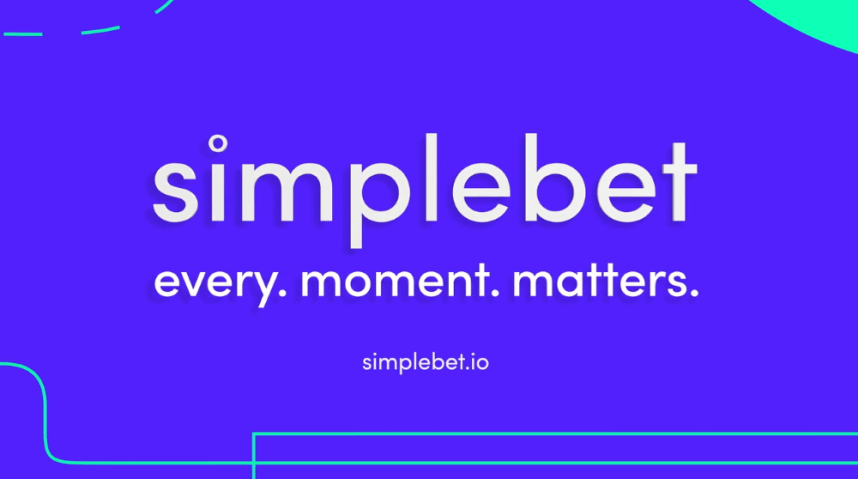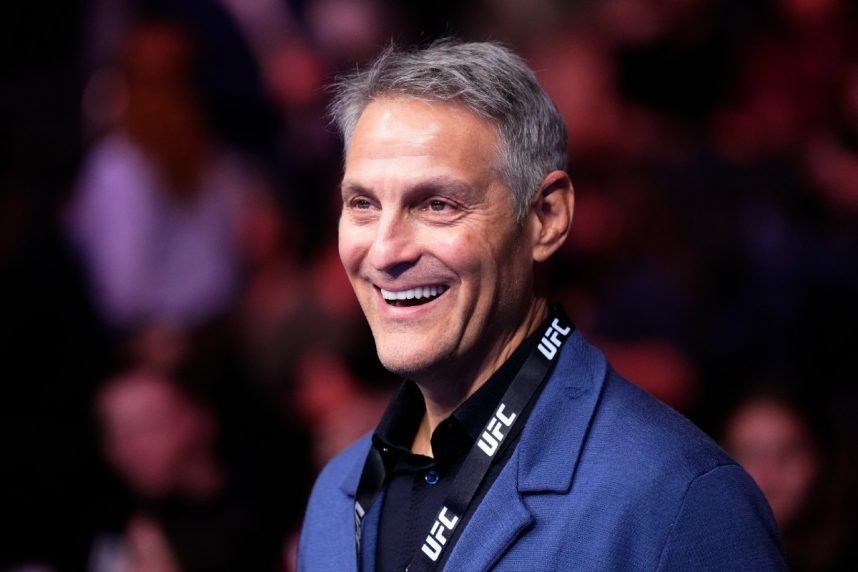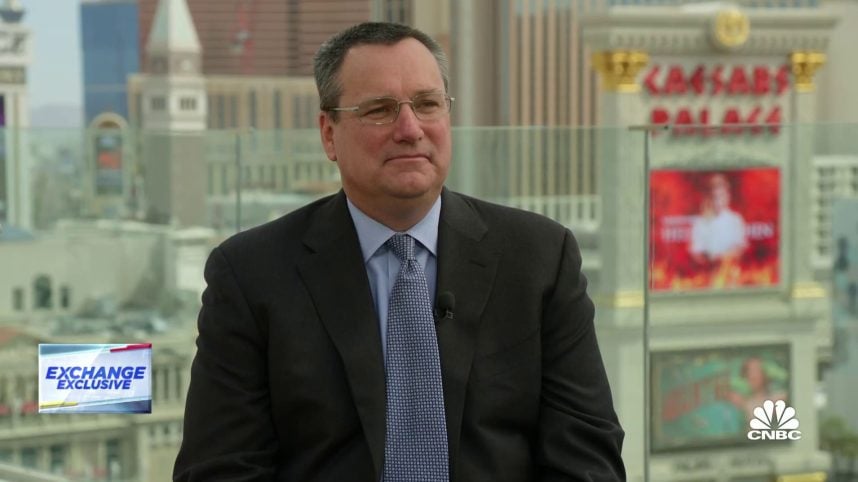DraftKings (NASDAQ: DKNG) said it will acquire Simplebet Inc., a provider of microbetting services, to bolster its suite of in-game betting products.

Financial terms of the transaction weren’t disclosed. When rumors of the deal surfaced in May, it was speculated that DraftKings could pay $120 million to $170 million for privately held Simplebet. The pair have an existing relationship. In 2021, they inked a deal in which Simplebet provided microbetting services to DraftKings Sportsbook.
The Proposed Transaction would allow for the integration of Simplebet’s proprietary machine-learning models into DraftKings’ best-in-class pricing and technology platform to create highly accurate betting opportunities during every moment of a game,” according to a statement issued by the buyer. “The Proposed Transaction would improve the quality, breadth and speed of data throughout the DraftKings trading lifecycle, and would unlock a faster and more frictionless experience for the Company’s customers.”
Boston-based DraftKings is Simplebet’s largest client. The target was valued at $210 million following a Series C funding round of $28.6 million three years ago.
Simplebet Could Be Smart Deal for DraftKings
For DraftKings, the purchase of Simplebet could prove shrewd because microbetting is a fast-growing derivative of in-game or live betting — areas operators are pushing into in efforts to increase handle and revenue.
In traditional live wagering, a bettor would wager on an updated total or spread, but microbetting expands upon that concept. The services offered by Simplebet allow operators such as DraftKings to present customers with bet options such as the outcome of the coin toss in a football game, balls and strikes in a baseball game, and so on. Bettors like those wagers because the outcomes are binary, and with the outcomes being known immediately, the bettor can decide to take their winnings and potentially place another bet or cut their losses.
In-game wagering has long been popular in mature sports wagering markets such as Australia and Europe, and it’s rapidly gaining momentum in the US. Underscoring why DraftKings may have found Simplebet to be an alluring target is the need for technology to make live and microbetting work.
“Simplebet has developed a scalable, maintainable, and highly performant foundation for a live betting platform that is algorithm oriented. With machine learning and automation to supplement the betting experience, Simplebet’s proprietary models offer more in-play moments for bettors,” according to the DraftKings statement.
Inside Simplebet’s Story
New York-based Simplebet was founded in 2018 and is a business-to-business provider of microbetting markets on college basketball and football, Major League Baseball (MLB), the NBA, NFL, and the NHL.
In addition to DraftKings, Simplebet sportsbook clients include Caesars Sportsbook, ESPN Bet, FanDuel, and Hard Rock Sportsbook, among others.
It’s not yet clear if those operators will remain with Simplebet when it becomes part of DraftKings or if they’ll pursue microbetting relationships with Simplebet competitors.
The post DraftKings Buying Microbet Provider Simplebet appeared first on Casino.org.



